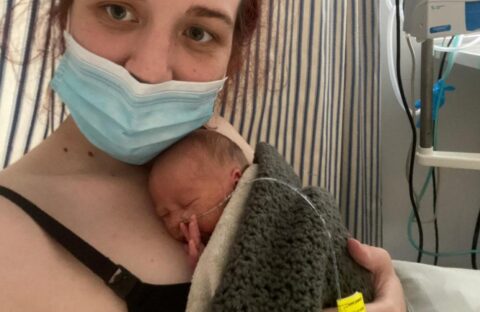
How to build an emergency fund on a tight budget
How to build an emergency fund on a tight budget
How to build an emergency fund on a tight budget
Planning an emergency fund is essential, especially with the rising cost of living, mounting debt, and minimal disposable income, saving money often feels impossible for many South Africans. Financial experts also stress the importance of an emergency fund to cover unexpected expenses like medical bills or car repairs, preventing reliance on high-interest debt.
Speaking on Hot Business with Jeremy Maggs and Moneyweb, Sarah Nicholson, Operations Manager at Just Money, shared insights into how individuals can build financial resilience, even on a limited budget.

“South Africa has one of the lowest savings rates, and many people rely heavily on credit,” said Nicholson.
“While it’s difficult, building an emergency fund is essential. It provides a financial safety net, helping you avoid the debt spiral that comes with unexpected costs.”
Read More: Early visits to a gynaecologist crucial for menstrual health
So, how much should you save?
The rule of thumb is to have at least three to six months’ worth of essential expenses set aside. If your monthly essentials—like rent, food, and transport—cost R30,000, you should aim to save between R90,000 and R180,000 over time.
“That figure may seem daunting, but the key is to start small,” Nicholson advised. “Even putting away R100 or R200 consistently can make a difference in the long run.”
Choosing the right savings product is also crucial.
Why an Emergency Fund is Essential for Financial Stability
Nicholson recommends keeping emergency funds separate from daily transactional accounts to prevent unnecessary spending. Some employers even offer structured savings programs, which could help workers build a financial cushion automatically.
Ultimately, the challenge isn’t just financial—it’s psychological. Developing disciplined saving habits, even in small amounts, can make all the difference in achieving long-term financial stability. While it may take time, starting today could mean greater security tomorrow.
In Conclusion
Although creating an emergency fund might seem difficult, small consistent contributions can provide long-term financial stability. You can safeguard yourself against unforeseen costs and high interest debt by having strict habits and separate funds.
Tune in to Hot 1027’s Hot Business with Jeremy Maggs and MoneyWeb, Monday to Thursday from 6pm.








